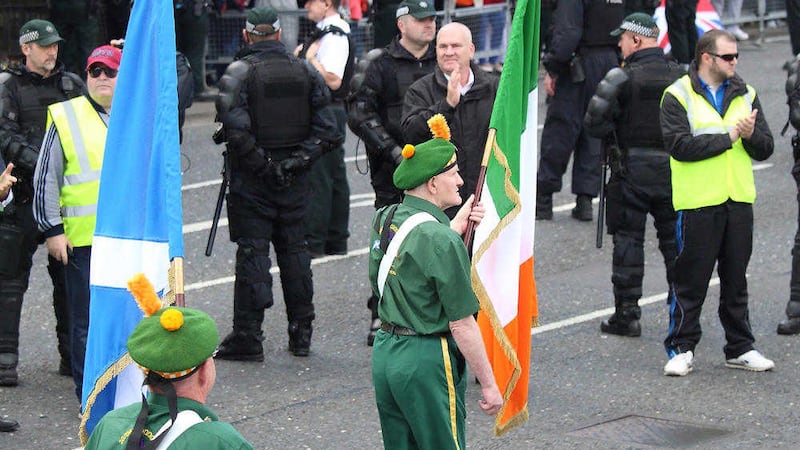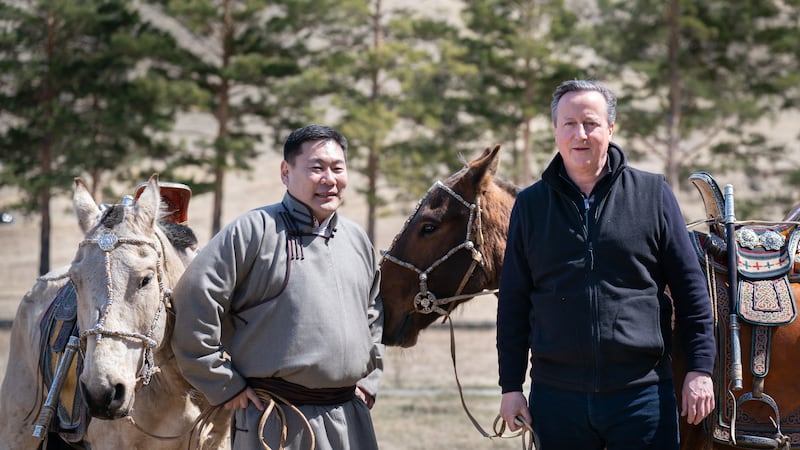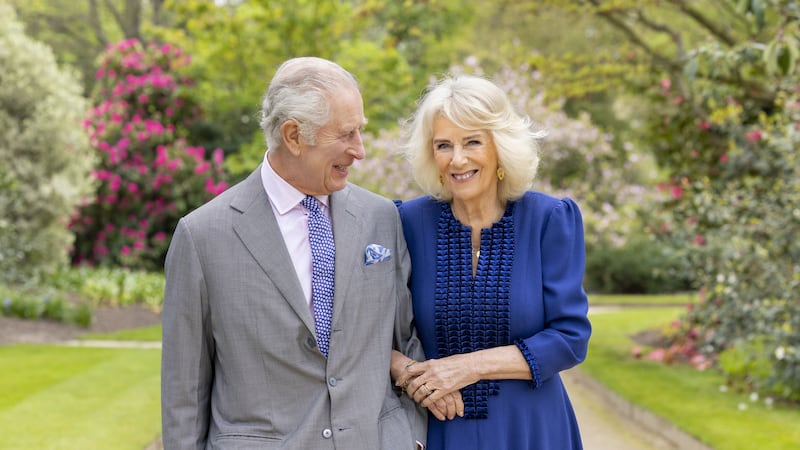A REPUBLICAN parade has passed off peacefully amid a heavy police presence in north Belfast.
Three bands and around 200 participants took part in the procession on Sunday to remember the founder of the United Irishmen Henry Joy McCracken.
The Parades Commission had imposed a number of restrictions on the republican parade which has previously witnessed scenes of violence.
Bands set off from Ardoyne Avenue shortly after 2.30pm, passing Clifton Street Orange Hall before making their way to Henry Place.
Two groups of loyalist protesters, numbering around 100 in total, gathered near the Orange Hall as the parade its way into Clifton Street Cemetery for a service.
The rival groups were separated by a line of police officers in riot gear.
There was serious at the first Henry Joy McCracken Commemoration parade in 2012 with loyalist rioting over several nights.
More than 60 police officers injured during three nights of rioting on streets close to Carlisle Circus after trouble flared following the parade, while in 2014 republicans claimed they were jeered and attacked by missiles.
On Sunday the bands were jeered and faced a small chorus of boos and intermittent chants of "scum" from a small number of protesters, while some waved Union flags as the parade made its way past.
The United Protestant Voice, who applied to protest at the parade, said the loyalist picket was organised to object to recent attacks on Orange Halls and to object to a parade which "shows disrespect to Protestant culture".
Protestant Henry Joy McCracken was a founding member of the Society of the United Irishmen and died in 1798.
His remains are believed to have been re-interred at Clifton Street Cemetery in 1909.
Meanwhile six major Royal Black Institution demonstrations in Lisburn, Ballymena, Portadown, Loughgall, Castlederg and Raphoe on Saturday, marking the end of the loyalist marching season, all passed off without incident.








